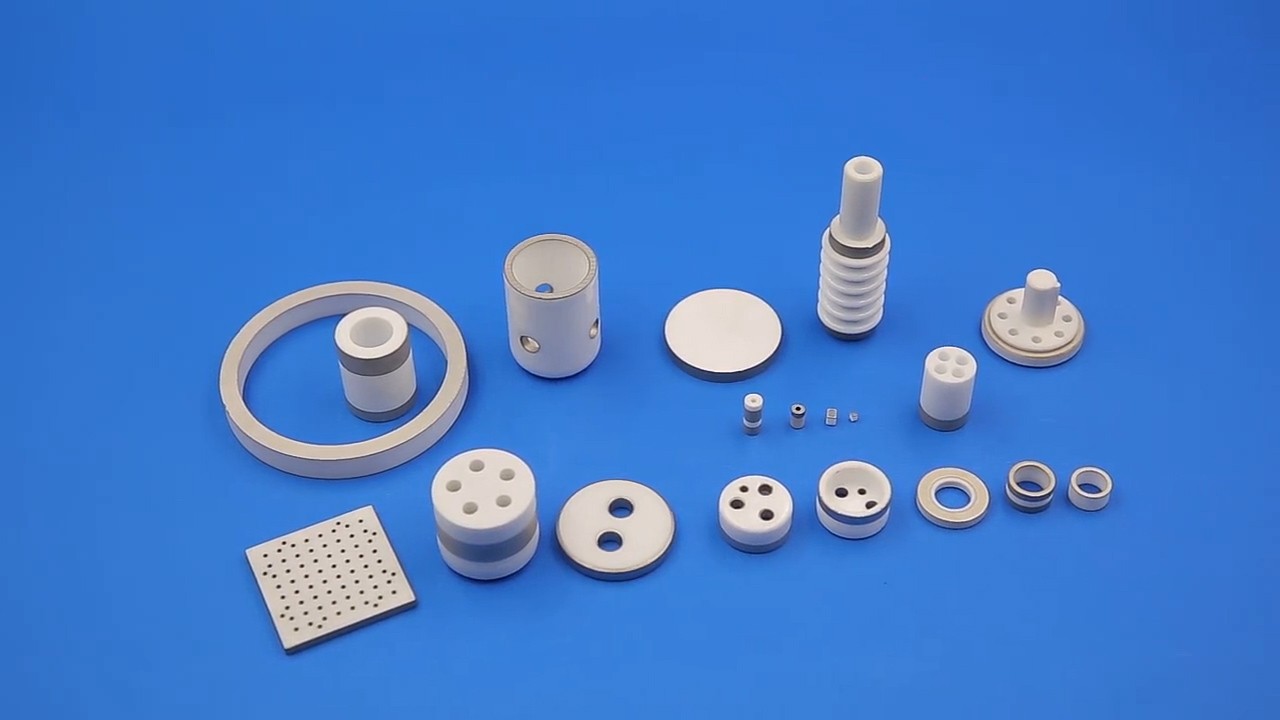In the realm of advanced materials, technical ceramics stand out for their exceptional properties and diverse applications. These high-performance materials, also known as engineered ceramics, offer solutions that surpass traditional materials in various fields. This article explores the fundamental aspects of alumina ceramic, their advantages, and their broad range of applications.
What Are Technical Ceramics?
Technical ceramics are inorganic, non-metallic materials that are primarily composed of oxides, carbides, nitrides, and other compounds. Unlike conventional ceramics used for pottery or tiles, technical ceramics are designed with specific performance characteristics to meet rigorous engineering standards. They are known for their superior hardness, high-temperature stability, chemical resistance, and electrical insulating properties.
Key Advantages of Technical Ceramics
- High Hardness and Wear Resistance: Technical ceramics are renowned for their exceptional hardness, making them ideal for applications that require resistance to abrasion and wear. Materials like alumina and silicon carbide are often used in industrial components that face extreme wear conditions.
- Thermal Stability: Many technical ceramics can withstand extremely high temperatures without degrading. This thermal stability makes them suitable for use in environments where other materials might fail, such as in aerospace or high-temperature industrial processes.
- Chemical Resistance: Technical ceramics exhibit excellent resistance to corrosive chemicals and harsh environments. This property is crucial for applications in chemical processing, where materials are exposed to aggressive substances.
- Electrical Insulation: Certain technical ceramics, such as barium titanate and alumina, offer outstanding electrical insulating properties. These ceramics are used in electrical and electronic components to ensure reliable performance and safety.
- Lightweight Properties: Compared to metals and other materials, some technical ceramics are lighter, which can be beneficial in applications where weight reduction is crucial, such as in automotive and aerospace industries.
Applications of Technical Ceramics
- Aerospace and Defense: In the aerospace sector, technical ceramics are used for thermal protection systems, engine components, and armor materials. Their ability to withstand high temperatures and harsh conditions makes them indispensable in these high-stakes applications.
- Medical Devices: Technical ceramics are increasingly used in medical implants and devices due to their biocompatibility and durability. Materials like zirconia are used in dental implants and prosthetics because of their strength and resistance to body fluids.
- Industrial Machinery: Components such as bearings, seals, and cutting tools made from technical ceramics offer enhanced performance and longevity in industrial machinery. Their wear resistance helps to extend the lifespan of these components and reduce maintenance costs.
- Electronics: Technical ceramics are essential in the electronics industry for substrates, insulators, and capacitors. Their electrical insulating properties and stability at high temperatures are critical for the reliable operation of electronic devices.
- Energy Sector: In energy production, technical ceramics are used in turbines, fuel cells, and other components that operate under extreme conditions. Their ability to endure high temperatures and corrosive environments makes them ideal for these demanding applications.
Innovations and Future Trends
The field of technical ceramics is continually evolving, with ongoing research aimed at developing new materials with enhanced properties. Innovations such as advanced composites and nano-engineered ceramics are pushing the boundaries of what is possible, offering even greater performance and versatility.
In particular, the development of flexible ceramics and ceramics with tailored properties for specific applications is opening new avenues for innovation. These advancements promise to expand the range of applications for technical ceramics and drive further progress in industries that rely on advanced materials.
